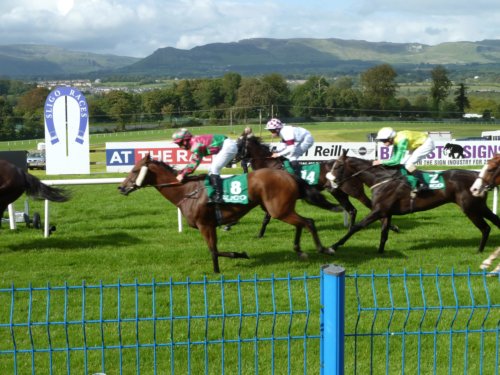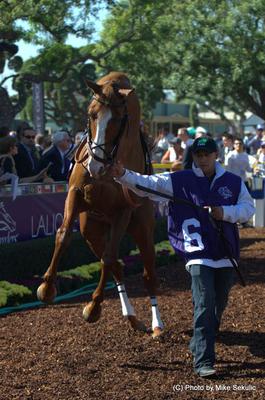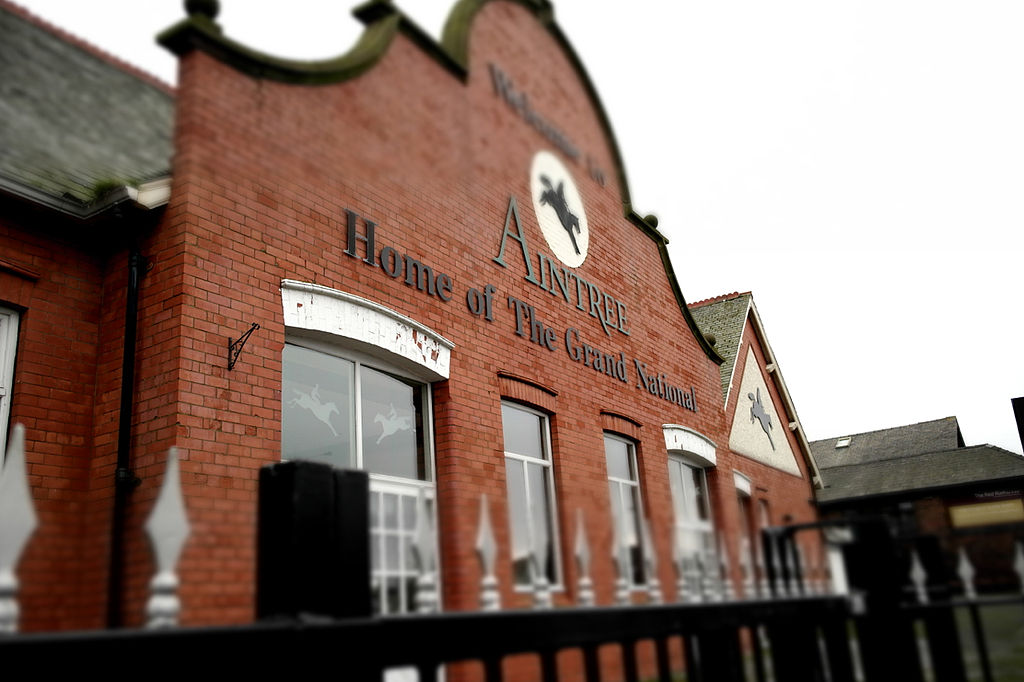Horse Racing Quizes
Cheltenham Festival and Grand National
Horse Racing Quizes
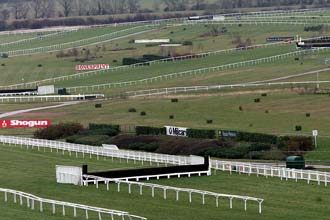 Cheltenham Racecourse
Cheltenham RacecourseHorse Racing Quizes:
We have a couple of intriguing quizes for you but first we shall start with a few details about the Cheltenham Festival and Grand National
The Cheltenham Festival and the Grand National are two of the biggest horse racing events of the year. Bookmakers allow punters to bet on both Festivals well in advance of the races (sometimes 12 months ahead).
Both events are known worldwide but especially the Grand National which is the finale of the Aintree Festival which takes place over 3 days during the first week in April. The Australian’s Melbourne Cup is known as the race that stops a nation but arguably the Grand National is the race that stops the world.
The race is one of the most strenuous and taxing held anywhere with the exception perhaps of the Velka Pardubicka steeplechase held in the Czech Republic.
The Grand National: A Steeplechase Spectacle
The Grand National is more than just a horse race; it's a cultural phenomenon. Held annually at Aintree Racecourse in England, this grueling test of horse and rider is steeped in tradition and drama. Let's delve into the details that make this race so captivating.
Prize Money and Prestige:
The Grand National boasts a hefty prize purse, currently standing at £1 million. But the true reward is the immense prestige associated with victory. Trainers, jockeys, and horses etch their names in racing folklore forever.
Jumps to Glory:
The course is a demanding 4 miles and 514 yards, featuring 30 fearsome jumps over two laps. These include iconic obstacles like Becher's Brook, a water jump that has claimed many a hopeful contender. Successfully navigating these jumps requires exceptional skill and bravery from both horse and rider.
Famous Victories:
The Grand National has witnessed legendary triumphs. Red Rum, a champion in the 1970s ridden by the iconic jockey Bryan Griffiths and trained by Ginger McCain, achieved an unprecedented three victories. More recently, in 2023, trainer Lucinda Russell and jockey Derek Fox repeated their 2017 feat with Corach Rambler, a story of remarkable resilience after the loss of their previous winning horse, One For Arthur.
International Appeal:
Several factors contribute to the Grand National's global appeal.
- Thrilling Competition: The race is unpredictable, with favorites often faltering and underdogs rising to the challenge.
- High Stakes: The combination of demanding jumps, a large field of horses, and a massive audience creates a tense and exciting atmosphere.
- Cultural Significance: Steeped in British tradition, the Grand National draws a passionate domestic crowd, while the global broadcast reaches an estimated 600 million viewers, making it a truly international spectacle.
The Grand National is a unique blend of athleticism, courage, and a touch of chaos. It's a race that pushes horses and jockeys to their limits, captivating audiences worldwide with its drama and the potential for an underdog story to unfold each year.
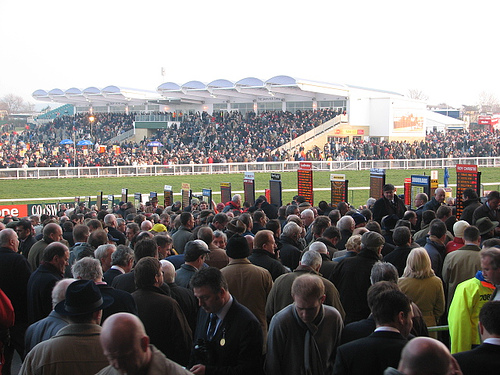 Grand National Racegoers
Grand National RacegoersThe BHA, along with Aintree Racecourse, has implemented several safety measures over the years to ensure the well-being of horses and riders in the Grand National. Here's a breakdown of some key changes:
Field Size Reduction (2024):
A significant change for the 2024 race is the reduction in the maximum number of runners from 40 to 34. This aims to lessen congestion on the course, potentially reducing the risk of falls caused by horses getting boxed in or impeded.
Start Modifications (2013 & 2024):
- Start Position: In 2013, the start was moved 90 yards closer to the first fence. This reduces the amount of time horses have to build up excessive speed before the jumps, making the first obstacle less daunting.
- Standing Start (2024): A standing start, where horses are held motionless before the race begins, is being reintroduced for 2024. This eliminates the unpredictable surge associated with a traditional running start, potentially leading to a more controlled beginning.
Course Adjustments:
- Fence Design: Since 2012, several fences have been modified to be more forgiving. The timber cores were replaced with plastic birch, reducing the risk of rotational falls. Additionally, some fences, like Becher's Brook, have had their ditches filled or raised to provide a safer landing zone.
- Landing Areas: Specific landing areas after jumps have been leveled to create a smoother transition for horses.
- Irrigation: Investments in pop-up irrigation systems allow for more effective course watering, ensuring optimal ground conditions that are neither too hard nor too soft.
- Running Rail: Alterations to the inside running rail are planned for 2024 to assist in the early capture of any loose horses during the race.
Other Measures:
- Increased Minimum Rating (2023): The minimum handicap rating for horses competing has been raised to 130, ensuring only horses deemed sufficiently experienced and skilled are allowed to participate.
- Pre-Race Veterinary Protocols: The BHA works with Aintree to continually develop stricter pre-race veterinary checks to assess a horse's fitness to compete.
These BHA-driven changes reflect a commitment to evolving the Grand National while prioritizing the safety of horses and riders.
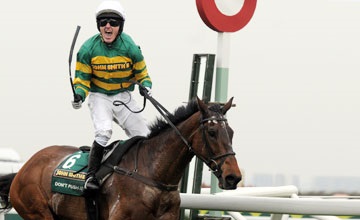
The most famous jockey to almost never win the race was Sir Tony McCoy, Champion jumps jockey in the UK for 20 consecutive years. However he finally got the monkey off his back in 2010 when he rode Don’t Push It to victory.
Cheltenham Festival
The four day National Hunt meeting is held annually every March at the Prestbury Park Racecourse in Cheltenham, Glos. UK. It forms the climax of the National Hunt season and is especially popular with the Irish who send over a large contingent of their horses to compete in a number of valuable races.
The most prestigious of these is the Cheltenham Gold Cup. This is a Grade 1 race over 3 miles 2 ½ furlongs, with 22 fences and a prize in 2017 of £327,463 to the winner.
Among the most famous horses to win the race are Arkle, Best Mate, Golden Miller and Kauto Star. The latter won the race twice in 2007 and 2009, becoming the first horse to regain the crown after losing it in 2008 to stablemate Denman.
Horse Racing Quizes
Test your knowledge of trainer Paul Nicholls
Discover just what type of racing fan you are with these fun horse racing quizes
Return to A Horse Racing History
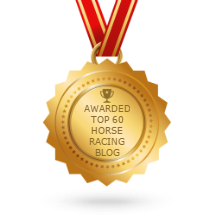

Returns Policy: Once a customer has agreed to pay for a product or service no returns will be permitted or payments returned.
All PayPal transactions are subject to the PayPal Privacy Policy
Privacy Policy: Personal details provided to this site by an individual may be shared with third parties unless requested otherwise.
Above policies updated 15 March 2018
